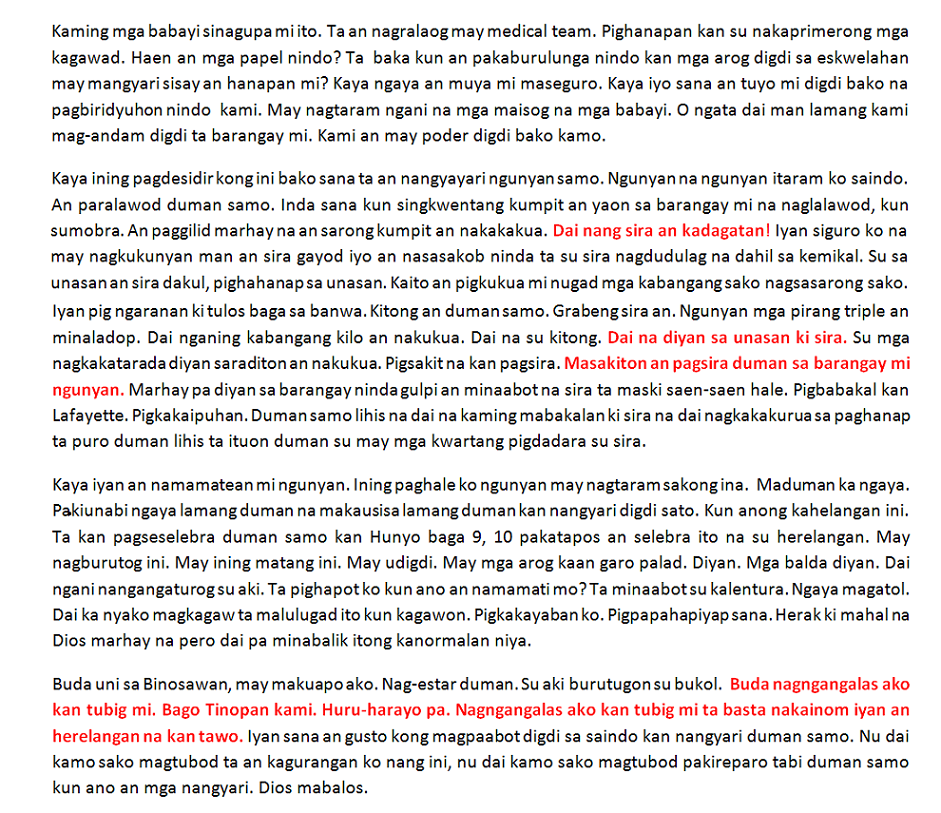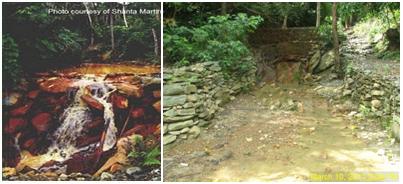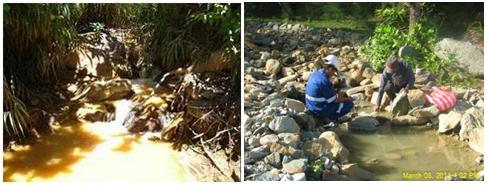At “The Forum,” a CBCP-sponsored media discussion, Manila Auxiliary Bishop Broderick Pabillo said that with many of the country’s bishops advocating responsible mining, an agreement with the DENR to undertake measures in protecting the environment would be welcome.
He revealed that 30 bishops already wrote pastoral letters, some of which were sent to their local government units, to condemn destructive mining operations.
Pabillo pointed out that the CBCP could act as the “third party” or a witness to the social acceptability of mining operations in any given place where the consent of residents in the area would be valuable.
DENR Secretary Lito Atienza offered the proposal on Tuesday at the same forum, saying that he would prefer to work with the CBCP in environmental protection rather than other advocates because he was sure of the purity of the intention and none of the bishops could be bribed.
“Our part in the partnership is when they (DENR and the mining operators) obtain social acceptability, there is a third party who will ensure that social acceptability is properly acquired,” the bishop explained.
He added, “If they (DENR) are willing to allow us to look into that, then we are willing to testify whether the people agree or not or if there is fraud in obtaining consent, which has always been the subject of complaints. There we can step in to be a witness who will attest to whether the people want mining or not.”
Pabillo said bishops wanted to ensure “free and informed consent” by residents who would be affected by the quarrying.
The Bishops could also act as sentinels to determine if mining operations were destructive, if the operations would displace people and whether just compensation were given to displaced residents.
“We still have to talk about the mechanism and look into the issues,” the Manila auxiliary bishop maintained.
He said the people should be cautious about mining, saying it was far worse than logging. “We have to be careful in mining our resources which, when taken, can never be brought back. When minerals vanish, they can no longer be grown back, unlike logging where we can wait for several years to have trees again,” the bishop explained.
He said the mining industry still favoured the foreign firms. “I hope we benefit from our own resources. It is unfortunate for our small-scale mining operators that outsiders benefit. The law intends for small mining firms, the locals, to benefit, but outsiders, mostly foreigners, instead do. That means there is a problem with the law and it is not strictly implemented,” Pabillo pointed out.
The Manila auxiliary bishop further expressed hope for local officials to become responsible leaders, saying, “There could never be responsible mining if the officials were not responsible.”
































































































































No comments:
Post a Comment